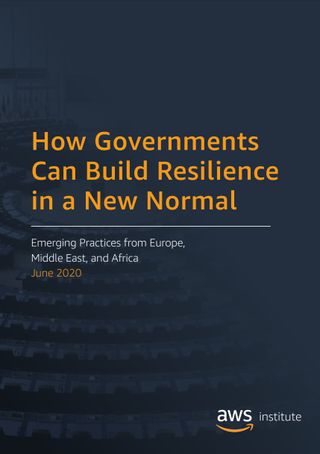India’s new cyber rules risk driving away tech companies
A tech industry body has flagged that the rules could create create an “environment of fear”

Indian cyber security rules which will start being operational later this month have been criticised by a technology industry body.
The Internet and Mobile Association of India (IAMAI), which represents organisations including Google and Facebook, warned that the new rules will create an environment of fear rather than trust. It called for a one-year delay before the rules take effect, in a letter sent to India’s IT ministry seen by Reuters.
The new rules were set by the Indian Computer Emergency Response Team (CERT) in April and require tech companies to report data breaches within six hours of noticing the incident and maintain IT and communications logs for six months.
IAMAI proposed extending the six-hour window, highlighting that the global standard for reporting cyber security incidents is usually 72 hours.
CERT has also asked cloud service providers, like AWS, and virtual private network companies to retain the names of their customers and IP addresses for at least five years, even if they stop using the company’s services.
IAMAI said that the cost of complying with these directives could be massive, and the proposed penalties for violating them include prison, which would lead to entities ceasing operations in India for fear of running afoul.

How governments can build resilience in a new normal
The cloud enables the flexibility public organisations need to overcome disruption
The government has said that the new rules are needed as cyber security incidents were reported regularly but the information needed to investigate them was not always readily available from service providers.
Get the ITPro. daily newsletter
Receive our latest news, industry updates, featured resources and more. Sign up today to receive our FREE report on AI cyber crime & security - newly updated for 2024.
The new rules led to ExpressVPN removing its servers from India last Thursday. Users in the country will still be able to connect to VPN servers, but its virtual India servers will be physically located in Singapore and the UK.
The company said CERT’s new data law is incompatible with the purpose of VPNs, which are designed to keep users’ online activity private. “ExpressVPN refuses to participate in the Indian government’s attempts to limit internet freedom,” the company said in a press release.
Zach Marzouk is a former ITPro, CloudPro, and ChannelPro staff writer, covering topics like security, privacy, worker rights, and startups, primarily in the Asia Pacific and the US regions. Zach joined ITPro in 2017 where he was introduced to the world of B2B technology as a junior staff writer, before he returned to Argentina in 2018, working in communications and as a copywriter. In 2021, he made his way back to ITPro as a staff writer during the pandemic, before joining the world of freelance in 2022.
Most Popular






